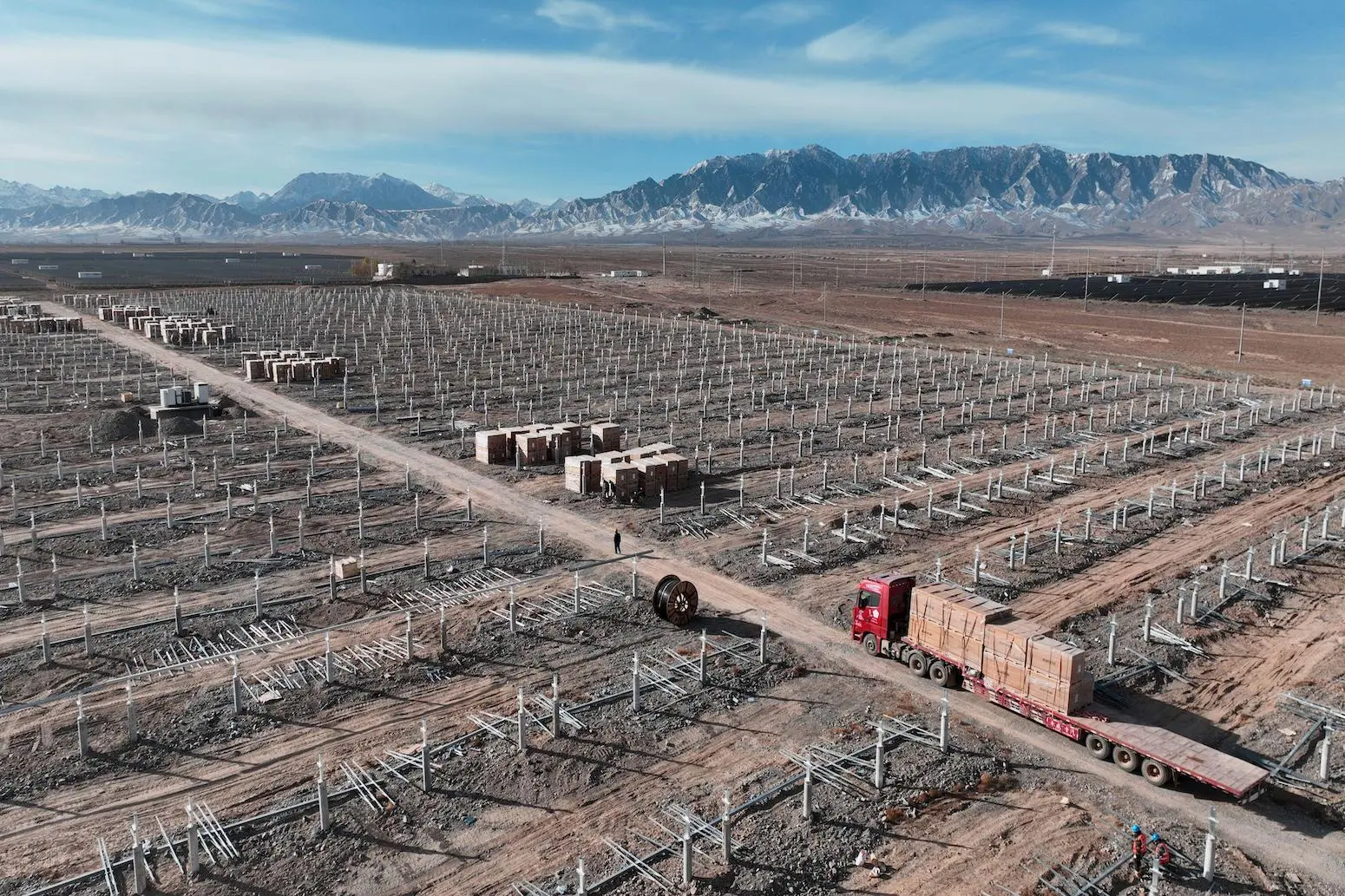-
China has been seeing a boom in manufacturing, which has offset a contraction in demand for carbon-intensive steel and cement due to the ongoing real-estate slump.
-
The emissions rebound in 2023 has been accompanied by record installations of low-carbon electricity generating capacity, particularly wind and solar.
-
Hydro generation is set to rebound from record lows due to drought in 2022-23.
-
China’s economic recovery from Covid has been muted. To date, it has not repeated previous rounds of major infrastructure expansion after economic shocks.
-
There has been a surge of investment in manufacturing capacity, particularly for low-carbon technologies, including solar, electric vehicles and batteries.
-
This is creating an increasingly important interest group in China, which could affect the country’s approach to domestic and international climate politics.
-
On the other hand, coal power capacity continues to expand, setting the scene for a showdown between the country’s traditional and newly emerging interest groups.
Taken together, these factors all but guarantee a decline in China’s CO2 emissions in 2024.



Yeah. The challenge is going to be around accelerating the fall, so that we can end up with full decarbonization quickly enough that total cumulative emissions don’t push us into a climate which is no longer civilization-supporting
Checks watch. Fifty years after learning that we were about to drive off a cliff, we may no longer be actively accelerating towards it faster and faster. Truly a remarkable accomplishment of human industry.
Stopping always starts with a reduction in acceleration.